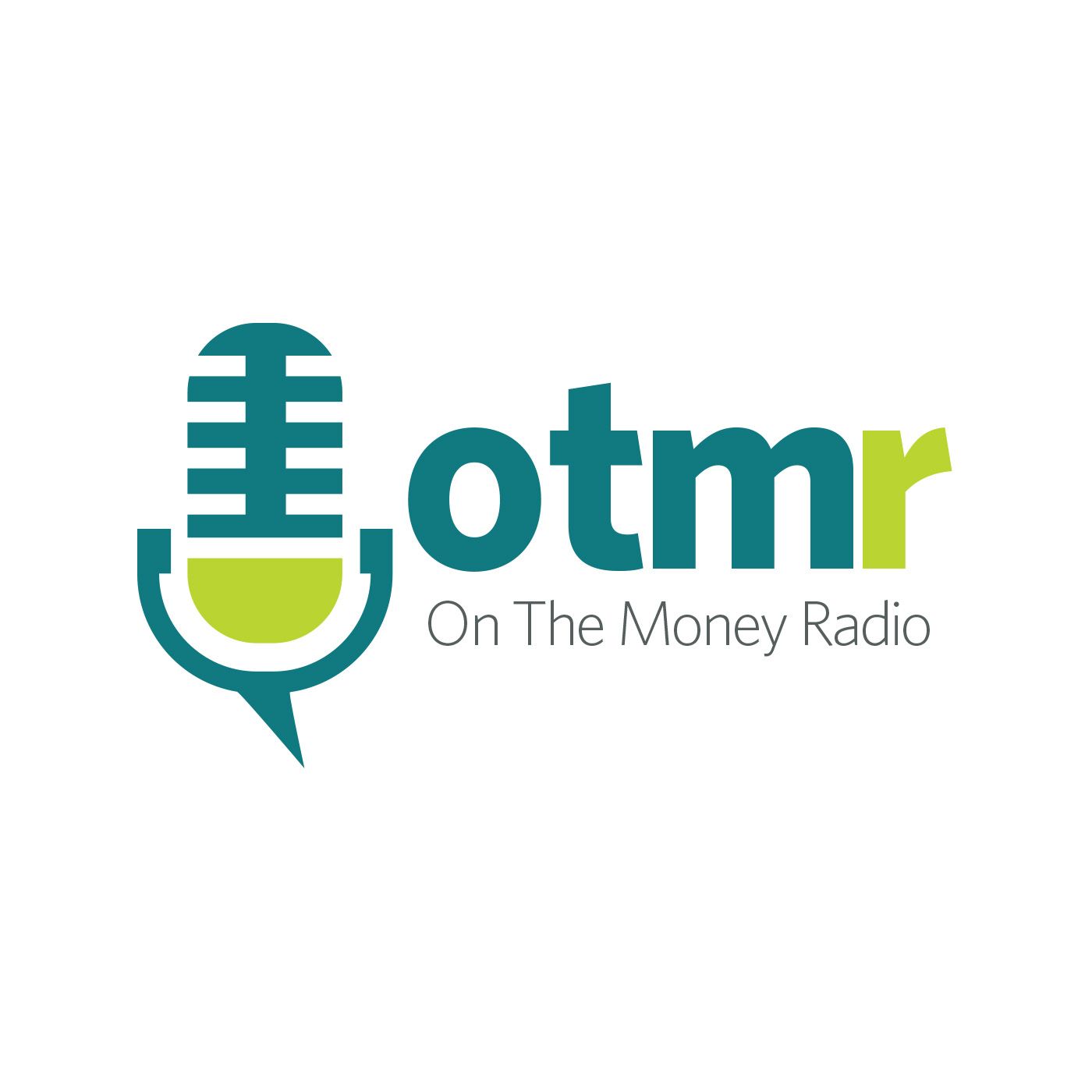The Mad Hatter Would Love Todays Negative Interest Rates

b'The Federal Reserve\\u2019s monetary policy and interest rate s\\xa0etting body, t\\xa0he Federal Open Market Committee or FOMC as it\\u2019s generally called, i\\xa0s set to meet for two days this coming Tuesday and Wednesday. And virtua\\xa0lly everyone that follows the Fed believes the committee will hike interest rates by 25 basis points or \\xa0by 0.25% at\\xa0 next week\\u2019s meeting, with an announcement due on Dec. 16, 2015. This would be the Fed\\u2019s first interest rate hike\\u2014seven years to the date f\\xa0rom December 16, 2008, when the Federal Reserve cut rates to rock bottom. So rates in the U.S. will finally rise just a tad \\xa0above their near \\xa0rock bottom levels and will then flow \\xa0into most of our financial transactions such as interests paid on deposits or charges against borrowings. Higher rates in the U.S. will also boost the attractiveness of the dollar\\xa0, which has recently risen to record highs against many foreign currencies, on the near certainty of a rate hike next week.
in some developed countries in Europe, interest rates are less than zero\\u2026 and offer a window into what might happen down the path of negative rates
But get this: \\xa0There \\xa0actually are developed countries in Europe where interest rates are less than zero. That\\u2019s because \\xa0European Central Bank pushed down its deposit rate\\u2014what it pays commercial banks\\u2014to minus 0.3% from minus 0.2%. And, in response to the ECB\\u2019s rate cuts, three of the Euro Zone\\xa0smaller neighbors (Denmark, Sweden, and Switzerland) pushed their interest rates deeper into negative territory, resulting in a number of unusual outcomes with ramifications for big businesses, consumers, and everyone in between. These countries offer a window into what might happen if the eurozone travels farther\\xa0 down the path of negative rates.
So, for example, the Swiss National Bank now has a deposit rate of minus 0.75%, and it\\u2019s only fair to wonder what this all really means.
The Bizarre Implications of Negative Interest Rates
For one, the money you hold in the bank will pay you no interest. On the contrary, banks now charge you to hold your deposits. Sounds\\xa0 strange, doesn\\u2019t it? It just seems to up-end the whole concept of banking that we\\u2019ve grown up with, where banks would compete to get you to open an account and incentivize you to deposit and invest more of your money with the bank.
But that\\u2019s apparently not the case anymore, at least in a select few countries, Tommy Stubbington writes in an article in The Wall Street Journal. He reports that Danish companies now pay their taxes early.\\xa0\\xa0Why? So they can rid themselves of the cash they hold.
But there\\u2019s also a rather bizarre and attractive flip side to this negative interest rate scenario. In a nutshell, it\\u2019s where banks pay you to borrow money from them. Sounds too good to be true, doesn\\u2019t it? Turns out, that\\u2019s just the case in Denmark. Instead of charging interest on home loans, Danish banks now send monthly payments to people who borrowed from the bank to buy a home... like having your cake and eating it, too!
Such is life in the upside-down world of negative interest rates, in which banks impose a levy on customers to hold their money, instead of paying interest on deposits.
I\\u2019ve checked all my textbooks, and a scenario of negative interest rates just wasn\\u2019t supposed to happen. In economics, zero is the floor. But Europe\\u2019s economic stagnation has proved so long and intractable that the region\\u2019s central banks are cutting interest rates to spur their economies. I guess their logic is if it helps to move rates from 1% to 0.5% and from 0.5% to 0%, why not try minus 0.5%?
Negative Interest Rates Could Have Economic Benefits
While Europe\\u2019s negative rate adventure has only just begun, it is far from clear how it will end. Now, just as the dollar has strengthened on a pending rate hike, the ECB\\u2019s negative deposit rate has helped bring down the value of the euro,'